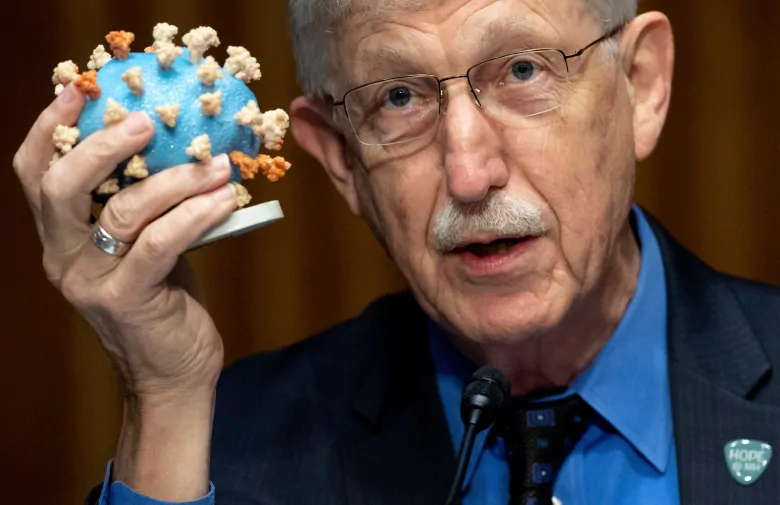Countries around the globe are anxious to get their hands on a COVID-19 vaccine. Here’s a closer look at what countries are doing to ensure supplies when a vaccine becomes available, how that might affect other countries, how Canada might fare and efforts to distribute the vaccine more fairly.
The COVID-19 pandemic has hit the world hard, and countries around the globe are anxious to get their hands on a vaccine as soon as possible in the hopes that it will bring a return to normalcy
Those vaccines are expected to be in short supply when they first hit the market, meaning not everyone will have access initially. Within countries, some groups will be prioritized for vaccination.
But what about globally? Which countries will get the vaccines first?
Many wealthier nations are already making bets on vaccines still in relatively early stages of development, with no guarantee that they will ever perform well enough to gain approval or protect their populations.
That has many concerned about “vaccine nationalism,” where countries look out for their own interests at the expense of others.
Here’s a closer look at what wealthier countries are doing to ensure supplies for their own citizens, how that might affect other countries, how Canada might fare and what efforts are being made to distribute a vaccine more fairly.
What can countries do to obtain a vaccine first?
There are a few different ways wealthier countries can try to ensure their own supplies:
- Provide funding for the development and manufacture of their own candidates to help speed it up.
- Manufacture a vaccine within their own country and prevent it from being exported.
- Make deals to reserve or preorder large numbers of doses.
What impact does that have on other countries?
In previous pandemics, such as an H1N1 outbreak in 2009, wealthier nations were able to buy up the first batches, leaving no supply for lower-income countries.
And even some richer countries, including Canada, weren’t always first in line if they didn’t have their own manufacturing facilities. During the swine flu outbreak in 1976, for example, the U.S. decided to vaccinate its entire population before it would allow vaccine producers to export their products to Canada.
What are countries doing to ensure their own supply?
The U.S. has a program called Operation Warp Speed, which aims to produce a vaccine faster than anyone else. President Donald Trump has said he hoped it would be available before the end of the year.
The program has already announced that it’s providing more than $6 billion US to pay for development, manufacturing and preorders or reservations for hundreds of millions of doses of promising vaccine candidates from U.S.-based Johnson & Johnson, Moderna, Novavax, Pfizer and Merck, along with U.K.-based AstraZeneca.

Similarly, the European Commission has a plan to use an emergency fund worth €2.4 billion (almost $3.7 billion Cdn) to buy up to six vaccines in advance for 450 million people.
Germany, France, Italy and the Netherlands have also signed a deal with AstraZeneca for over 300 million doses of its vaccine, which they say all EU members can participate in.
Meanwhile, the United Kingdom has preordered nearly 200 million doses from AstraZeneca, BioNTech/Pfizer and France-based Valneva.
There are concerns such preorders could reduce the initial availability of vaccines in the rest of the world, which has happened in previous pandemics
The European Commission has specifically said it will not buy vaccines produced exclusively in the U.S. over concerns that might delay supplies to Europe.
What is Canada doing to ensure its own supply?
The federal government has created a $600 million fund to support vaccine clinical trials and manufacturing in Canada.
It is also “closely monitoring vaccine development efforts — domestically and internationally — and will work quickly to negotiate advanced purchase agreements with vaccine manufacturer(s) to secure supply for all Canadians as soon as it is feasible,” Geoffroy Legault-Thivierge, a spokesperson for the Public Health Agency of Canada, told CBC News in an email.
However, as of July 30, it hadn’t yet announced any such agreements.
The government has also announced it is ordering enough equipment, such as

